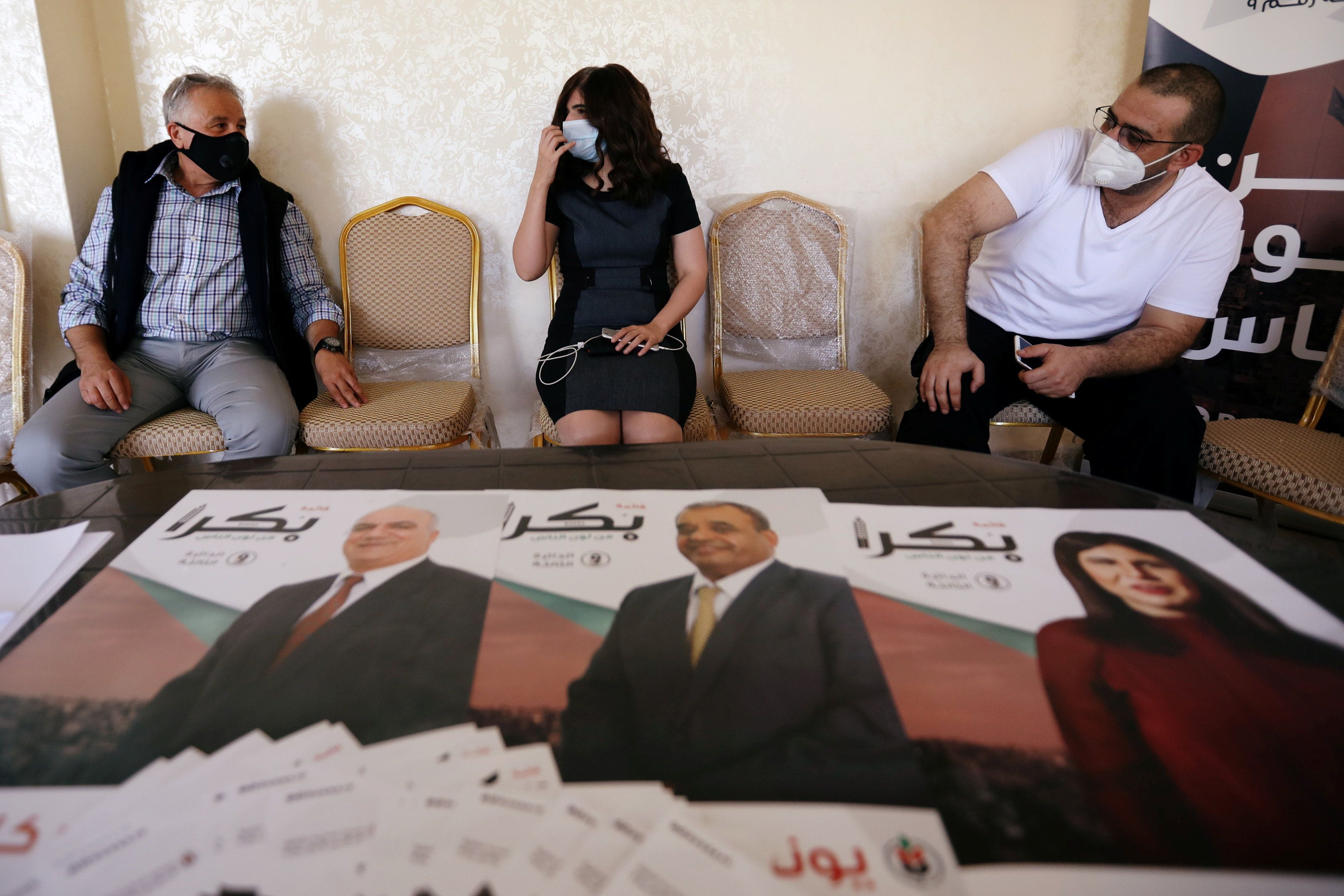What We're Watching: Jordanians vote, Trump's DOD shakeup, Russian navy in Sudan
Jordan's lackluster election: Amid a massive surge in coronavirus cases, Jordanians headed to the polls this week to elect 130 members to the lower house of parliament. Of more than 4.6 million eligible voters, only 29 percent showed up, the lowest turnout in many years, largely due to fear of COVID-19, a deepening economic crisis, and disillusionment with Jordan's unrepresentative political process. The system favors pro-monarchy tribal candidates and cronies loyal to the all-powerful King Abdullah II, who appoints all Senate members and can unilaterally dissolve parliament. This time, the main opposition party, linked to the Islamist Muslim Brotherhood, won only 10 seats, five less than in 2016, while women candidates reaped only 15 seats, largely because of a quota system. The Jordanian Kingdom has long been accused of overseeing an electoral system that under-represents cities that are Muslim Brotherhood strongholds, favoring more sparsely populated cities that support the Hashemite monarchy. Indeed, the Jordanian government has its work cut out for it amid a surging pandemic and worsening economic crisis — on top of the burden of providing refuge for some 650,000 Syrians.
Trump's DOD moves: It's been a busy week at the Pentagon. First, President Trump fired US Defense Secretary Mark Esper, before proceeding to dismiss other career staffers at the Department of Defense, replacing them with Trump loyalists. The motives for the shakeup during a lame-duck presidency are unclear. Initially, some analysts surmised that the president was trying to ensure that the US military would have his back if he refused to vacate the White House when Joe Biden is sworn in on January 20, 2021. But now some experts are suggesting that what Trump really wants is to expedite the withdrawal of US forces from Afghanistan. Trump, according to that hypothesis, was frustrated at Esper and the generals for pushing back against the president's longtime plan to get all the troops home by Christmas amid rising intra-Afghan violence.
Russian navy in... Sudan? Russia is planning to build a navy base in Sudan — its first in Africa since the end of the Cold War — to gain access to the Red Sea. In exchange, the Sudanese will get Russian weapons and air support for its navy. The deal comes as President Vladimir Putin is seeking to expand Russia's military footprint across the continent by building up to six bases in African countries. Putin's strategy is a simple one: shore up authoritarian regimes that are friendly to Moscow, including with Russian mercenaries to fight on their behalf. Interestingly, the Sudan deal is going ahead despite the fact that it was approved three years ago by Omar al-Bashir — the country's former dictator who was deposed in 2019 — but didn't go through because al-Bashir was worried about being perceived as cozying up to Moscow and peeving the US. Sudan is now on the cusp of being removed from the US' state sponsor of terrorism list, allowing it to access financial markets. Is Khartoum hedging its bets by playing both sides?